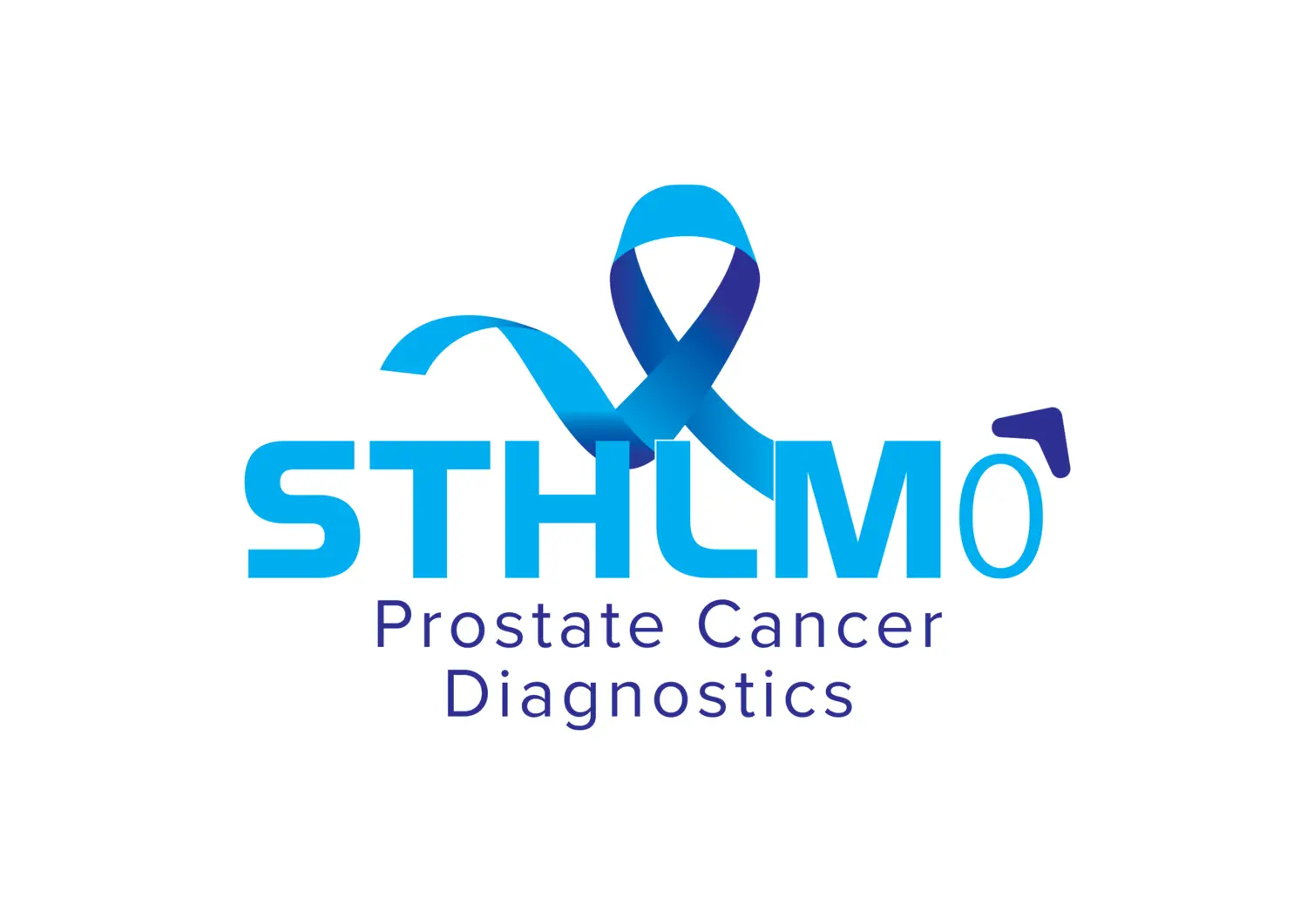Our research
The ProBio study
Currently the main focus of the research group is the ProBio study. ProBio is an outcome-adaptive and randomised multi-arm biomarker driven study in patients with metastatic prostate cancer.
The lack of treatment-predictive biomarkers is an unmet clinical need in metastatic prostate cancer leading to inferior clinical outcomes, overtreatment and accelerating costs. The ProBio concept builds on a novel adaptive study design and prospectively evaluates treatment predictive biomarker signatures in a large network of 35 study centers in Europe.
By using the ProBio platform we are able to rapidly evaluate both new and old drugs in subsets of patients with a similar genomic biomarker. The aim is to give patients with metastatic prostate cancer an individualized treatment based on treatment-predictive genomic biomarker signatures in the near future.
STHLM3
STHLM3 was a large-scale prospective and population-based prostate cancer diagnostic trial involving close to 60, 000 men in Stockholm 2013-2015 with the aim of to develop and validate a model to identify high-risk prostate cancer with better test characteristics. Two screening methods, PSA and the Stockholm3 test, were assessed and compared for safety and efficacy.
The primary aim of the STHLM3 trial was to investigate if the Stockholm3 test could substantially reduce the proportion of men undergoing prostate biopsy whilst maintaining the sensitivity for detecting consequential prostate cancer (Gleason Score 7 or above) compared to PSA.
The results showed that the Stockholm3 test could reduce the number of unnecessary prostate biopsies by close to 50% and decrease indolent cancers (Gleason 6, typically regarded as overdiagnosed cancers) by 20%, without reducing the sensitivity to detect consequential prostate cancer compared to using the PSA.
The data from the trial provides a fantastic resource for studying prostate cancer diagnostics, and has since the publication of the main results in the Lancet Oncology 2015 been used in a large number of follow-up publications.
The Stockholm3 test
The Stockholm3 test is a blood test developed in the research group that combines protein markers, genetic markers and clinical data with an advanced algorithm in order to detect aggressive prostate cancer at an early stage.

